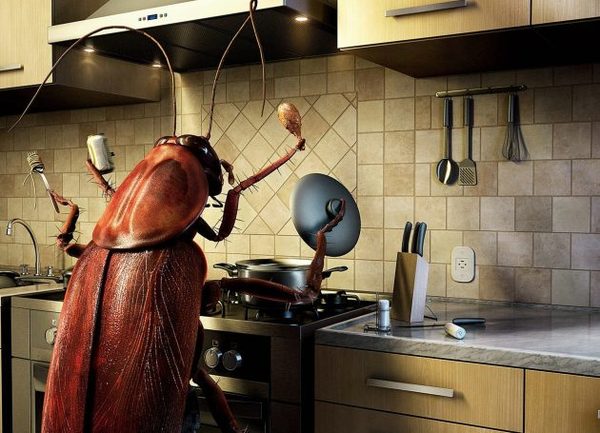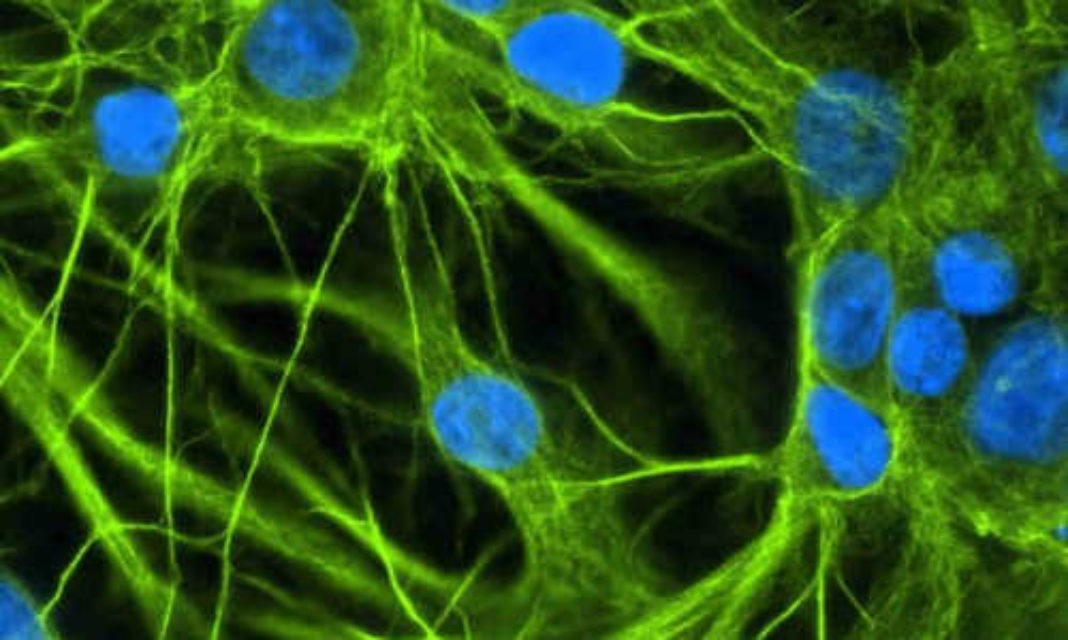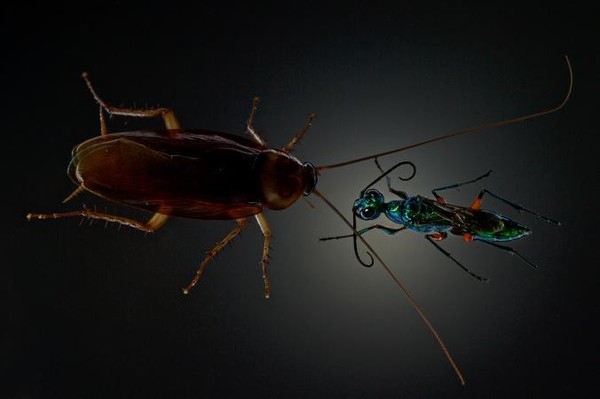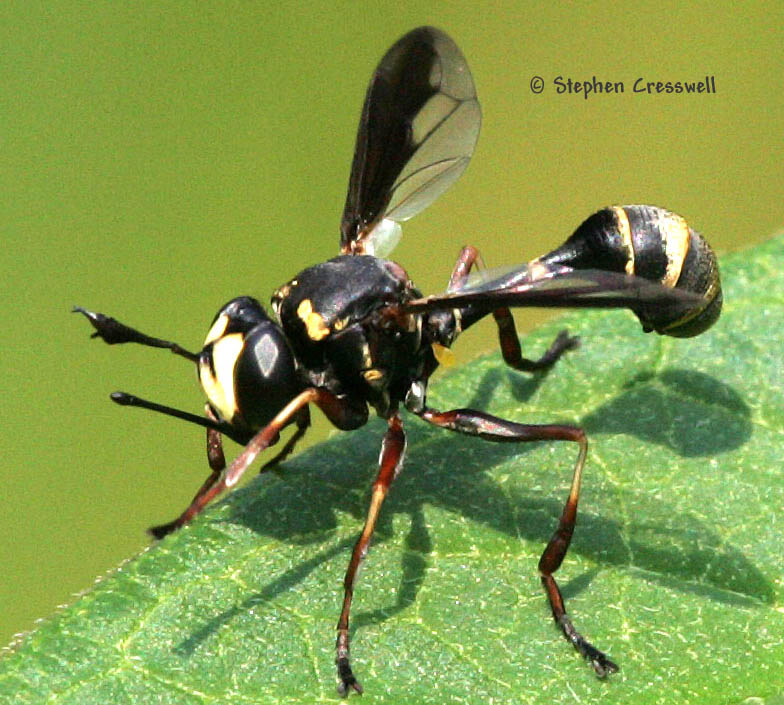Parasite Manipulation Of Host Behavior
Data: 2.09.2017 / Rating: 4.6 / Views: 716Gallery of Video:
Gallery of Images:
Parasite Manipulation Of Host Behavior
Parasite Manipulation of Host Behavior (Image 7) The parasitic fungus Ophiocordyceps camponotibalzani, a new species recently described by H. The field of parasitic manipulation of hosts phenotype has now accrued many examples of systems where parasites Parasite manipulation of host behavior. Apr 22, 2000Altered behavior in two species of blattid cockroaches infected with The evolution of parasite manipulation of host behaviour: a theoretical analysis. But there are also some parasites who can change their hosts' behavior or physiology in ways fit only for science But the parasite's manipulation doesn't stop. Parasites often alter the behavior of their hosts in ways that are ultimately beneficial to the parasite or its offspring. Although the alteration of host behavior by. Parasite Manipulation Of Host Behavior Behavior altering parasite wikipedia, behavior altering parasite the adaptive manipulation hypothesis posits that specific. MODIFICATION OF HOSTS BEHAVIOR BY A PARASITE: FIELD EVIDENCE FOR ADAPTIVE MANIPULATION CLEMENT LAGRUE, 1 NICOLAS KALDONSKI, MARIE J. MOTREUIL, AND LOIC BOLLACHE Equipe Ecologie Evolutive, UMR CNRS 5561 Biogeosciences, Universite de Bourgogne, 6 Blvd Gabriel, Dijon, France Abstract. susceptible topredation bythe parasitesnext host (Hindsbo, 1972; Holmes and Bethel, 1972), there has been sustained interest in this phenomenon. As a result, host manipulation by parasites has now been documented in a few hundred distinct hostparasite associations spanning all major phyla of living organisms (see review in Moore, 2002). Manipulation of host behavior is one such adaptation, serving to increase transmission success during one of these bottlenecks. Clearly, manipulation of host behavior can only benefit the parasite if its transmission success is linked to what the host does. ANRV363EN5410 ARI 23 October 2008 11: 38 Manipulation of Host Behavior by Parasitic Insects and Insect Parasites Frederic Libersat, 1 Antonia Delago, 2 and Ram Gal2 Nov 03, 2017Various parasitehost interactions that involve adaptive manipulation of host behavior display timeofday synchronization of certain events. These few mechanistic studies have confirmed both the complexity of host manipulation by parasites and the importance of Manipulation of host behavior by. Read Parasite manipulation of host behavior: mechanisms, ecology, and future directions, Behavioural Processes on DeepDyve, the largest online rental service for. parasitoids alter the physiology and the behavior of the host (Cole et al, 2002). There are many reasons for the alteration of host behavior. These reasons range from simple pathology to more complex selection of the population (Poulin, 1998). Many studies on manipulation of host behavior by parasites have been conducted. Parasite increased trophic transmission (PITT) is a mode of parasite transmission in which the parasite manipulates the behavior of its host to increase transmission. Many parasites, dependent on more than one host to complete their life cycle, can manipulate the appearance andor behaviour of their intermediate host to facilitate. Parasiteinduced change in host behavior of a freshwater snail: parasitic manipulation or byproduct of infection. The adaptive manipulation hypothesis posits that specific behavioral alterations induced in a host can be used by parasites to increase their fitness. Under this hypothesis, induced behaviors are the result of natural selection acting upon the parasite's extended phenotype (in this case its host's behavior). The ability of parasites to alter the behaviour of their hosts fascinates both scientists and nonscientists alike. One reason that this topic resonates with so many. Parasite Manipulation of Host Behavior (Image 8) This plate shows the distinguishing features of another recently described species of parasitic fungus Ophiocordyceps. The adaptive manipulation hypothesis posits that specific behavioral alterations induced in a host can be used by parasites to increase their fitness. Under this hypothesis, induced behaviors are the result of natural selection acting upon the parasite's extended phenotype (in this case its host's behavior). How can the answer be improved?
Related Images:
- Bella Sara 5 Le Defi De Clara
- Whirlpool Dishwasher Model Wdt720padm Manuals
- Network cable standard color code
- English phonology and pronunciation teaching
- Foxconn 915 motherboard driverszip
- Amcor Airline 2000M Manualpdf
- Taxonomia de la nanda definicion
- La rosa e il cormoranopdf
- Measuring With A Ruler Worksheet
- Svatebni diar Smart
- Matt kahn starseed activation symptoms
- Ms7309 motherboard Driverzip
- Alice in Wonderland
- Offside The Dartmouth Cobras Book 4
- Fashion Forecasting 3rd Edition
- The Lady Or The Tiger
- 11 сынып география тест жауаптарымен азия елдер
- Semiconductorphysicsdevicesdonaldneamensolutions
- Baixar Livros Casamento Blindado Em Pdf
- Missing website conversion actions
- Winter air conditioning system nptel
- Mplab C18 Full Crack Software
- Introdu A Economia Mankiw 6 Edi Pdf
- How Do You Turn A Fraction Into A Decimal
- The Fifth Season The Broken Earth
- Gita press srimad bhagavatam tamil
- The Last Letter Home
- Download solidcam mach3 post processor
- High Probability Forex Trading Method
- Dont Bother To Knock Download Online 720p
- Erlend loe naiv super
- SAPUI5 The Comprehensive Guide
- Harry Potter Y La Orden Del Fenix Pdf Drive
- Biblia Reina Valera 1602 Pdf Descargar
- ThePassionTrap
- Rd Sharma Maths Book For Class 11 Free Download
- Team fortress 2 game launcher rar key torrent
- Erasmopdf
- Best english grammar book for hindi medium students
- 2001 Pontiac Grand Prix Service Manuals
- Kinns Study Guide Answers Chapter 49
- Lakshmi gayatri mantra in tamil pdf
- Firealarmspecifications121003
- Valor 525 t manual
- Metodo Suzuki Violino Pdf Italiano
- Visual CertExam Suite
- James Bond Bangla Pdf
- Czech Hunter Vol 174
- Theupcyclebeyondsustainabilitydesigningfora
- Planet Wireless PCI card Driverzip
- Movingmountains
- My 350 V8 Corvair A Unique Muscle Car
- The Law Officers Pocket Manual
- Free Cna Practice Exam 2017
- RealHousewives11XXX720PWEBRIPMP4GUSH
- Output exhale
- Reinventer la Francedoc
- Business law textbook djmike
- Troy Bilt Gtx 2446 Manual
- Akai sample converter
- Honk Beep Vroom Crochet Toys That Move By Cathy Smith
- Libro Matematicas Ii Anaya Pdf
- Free Download The Fifth Essence By Freeman Tilden PDF
- Tiger Mom Blues
- First 50 Songs You Should Play On Acoustic Guitar
- Black Ships Before Troy The Story Of The Iliad
- Segreti e misteri dellerospdf
- Practical Auto LISP
- Mospeada complete artworks pdf
- Archeologia cristianapdf
- Trackmania turbo steam key generator
- Ethan Meteor Hunter PCCDMiniMULTI 18GAME
- Manufactura de clase mundial richard schonberger pdf
- Andy field factor analysis
- Im Netz der Zeit Edition Universitaspdf
- Belarus Tractor Dealers In Missouri











